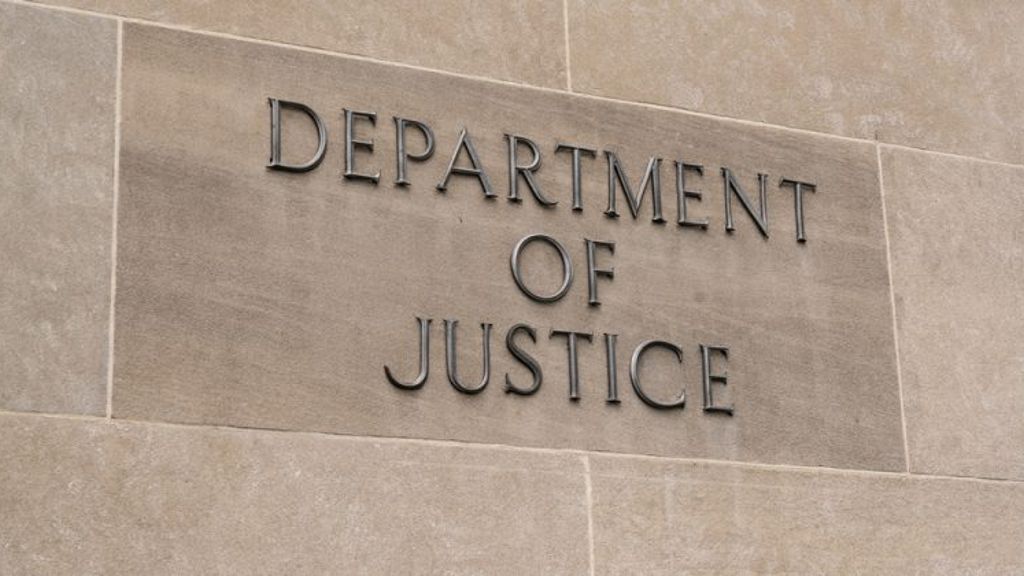Businessman and ardent Donald Trump loyalist Mike Lindell asked a federal appeals court on Wednesday to find the government’s seizure of his cellphone unconstitutional.
Lindell’s attorney Patrick McSweeney claimed that the government tried to “intimidate” his client because of his “beliefs.”
The conservative three-judge panel didn’t wade into his political rhetoric, but at least two of its members appeared skeptical about the government’s retention of Lindell’s cellphone since last September.
The Department of Justice’s lawyer said that such an order would be an “extraordinary” remedy, which would remove an important piece of evidence from an ongoing investigation.
“The phone can be important in a criminal case to authenticate that a particular person was holding the phone at a particular time,” the government attorney said.
The three-judge panel presiding over Lindell’s appeal were all appointed by Republican presidents: U.S. Circuit Judges James B. Loken, a George H.W. Bush appointee; Steven Colloton, a George W. Bush appointee, and U.S. Circuit Judge Ralph R. Erickson, who was tapped by Trump.
On Sept. 13, 2022, the FBI seized Lindell’s cellphone at a Hardee’s fast food drive-thru lane in Mankato, Minnesota. The MyPillow CEO said he’d been returning from a duck hunting trip with his friend in Iowa when agents questioned him and took his company-issued phone. He sued roughly a week later.
At least two of the judges appeared troubled by the government’s continued possession of the cellphone some two months later, with one noting it isn’t “contraband” and can be “mirrored in 12 seconds.”
“Why isn’t that something that should’ve happened months ago?” the judge asked.
The DOJ’s counsel answered that certain evidence can only be gleaned by physical possession of the phone.
In his lawsuit, Lindell alleged an array of constitutional violations, including his First Amendment rights to freely associate, his Fourth Amendment protections against unreasonable searches and seizures, and Fifth Amendment due-process safeguards. His arguments fell flat late last year in the courtroom of U.S. District Judge Eric C. Tostrud, a Trump appointee.







